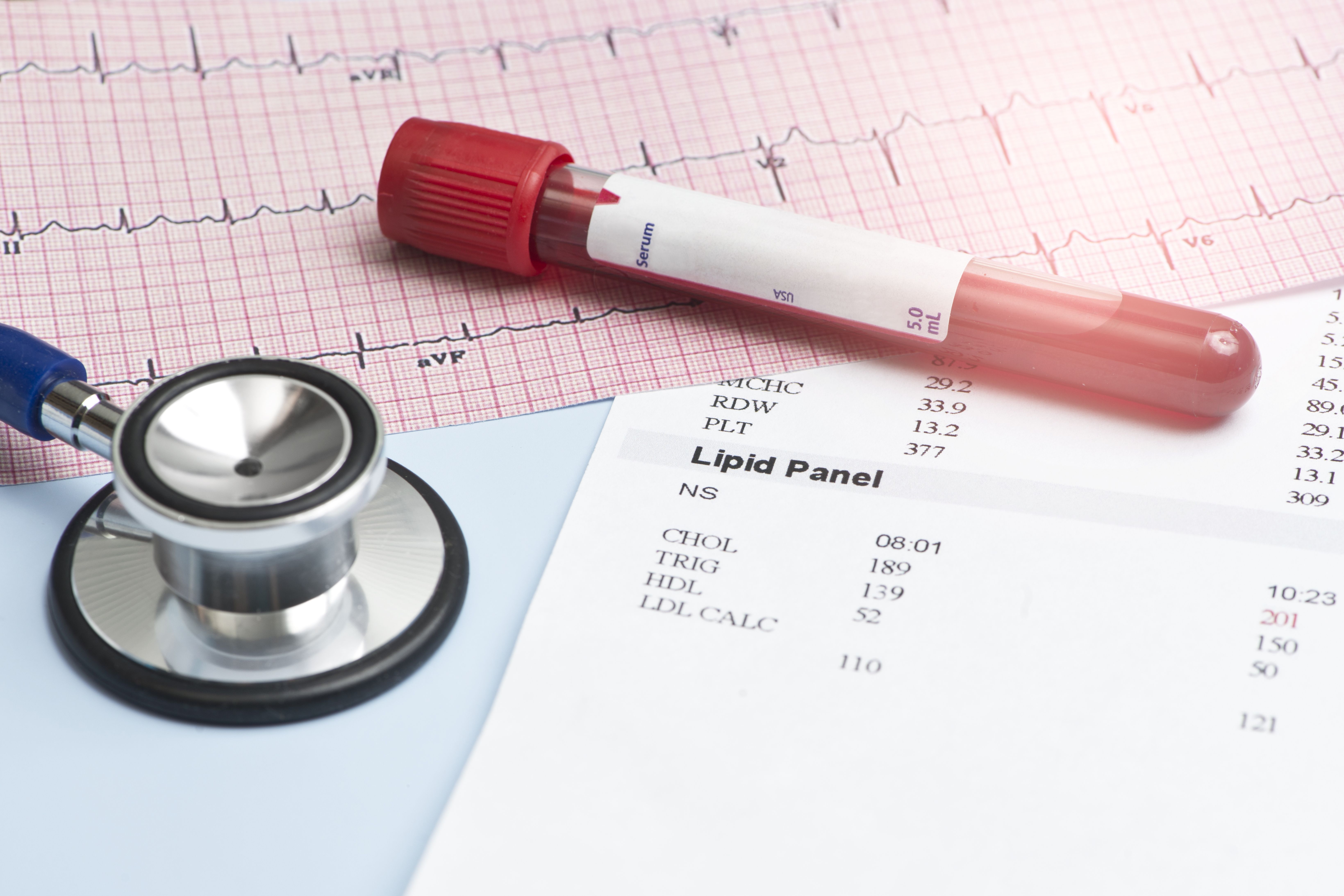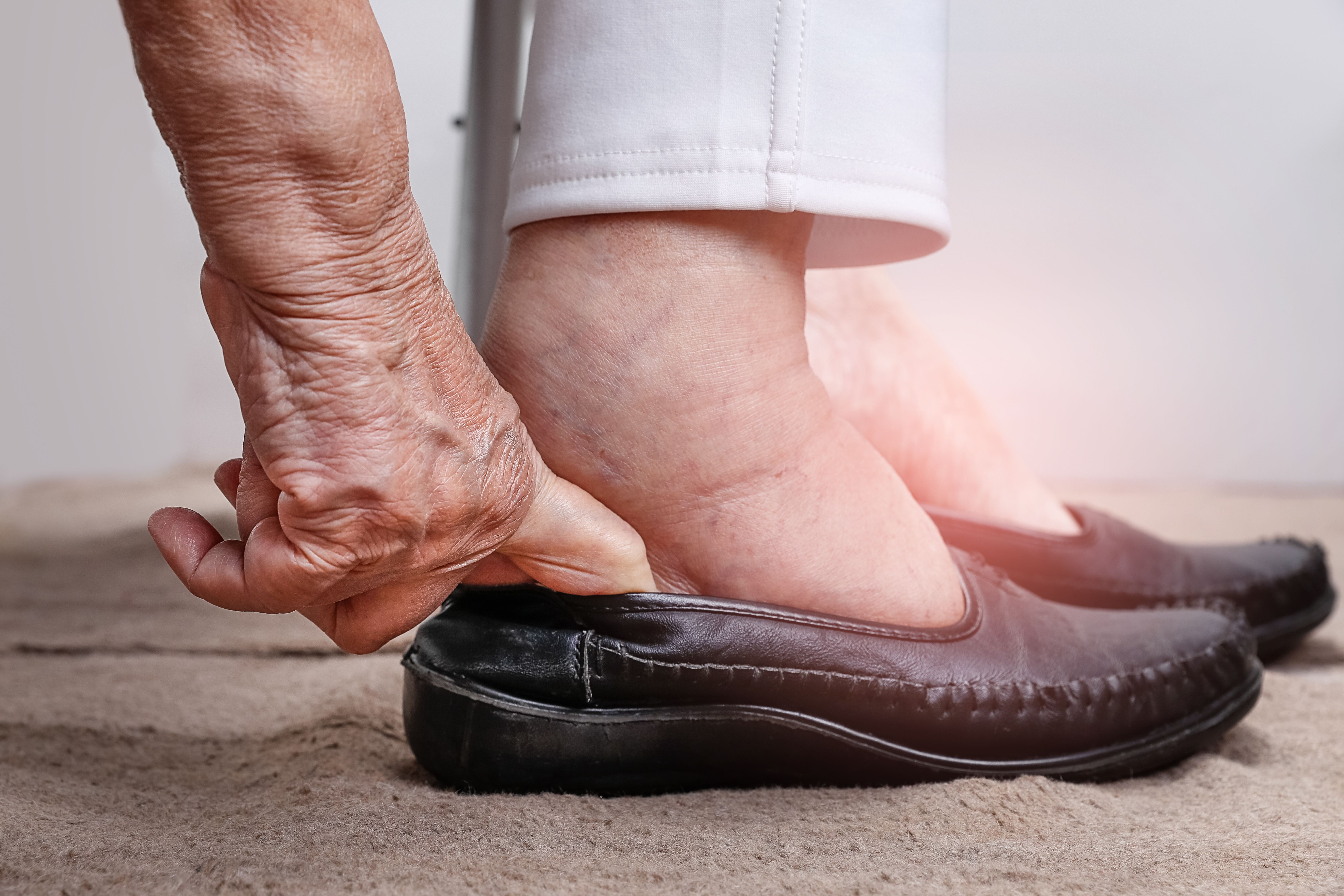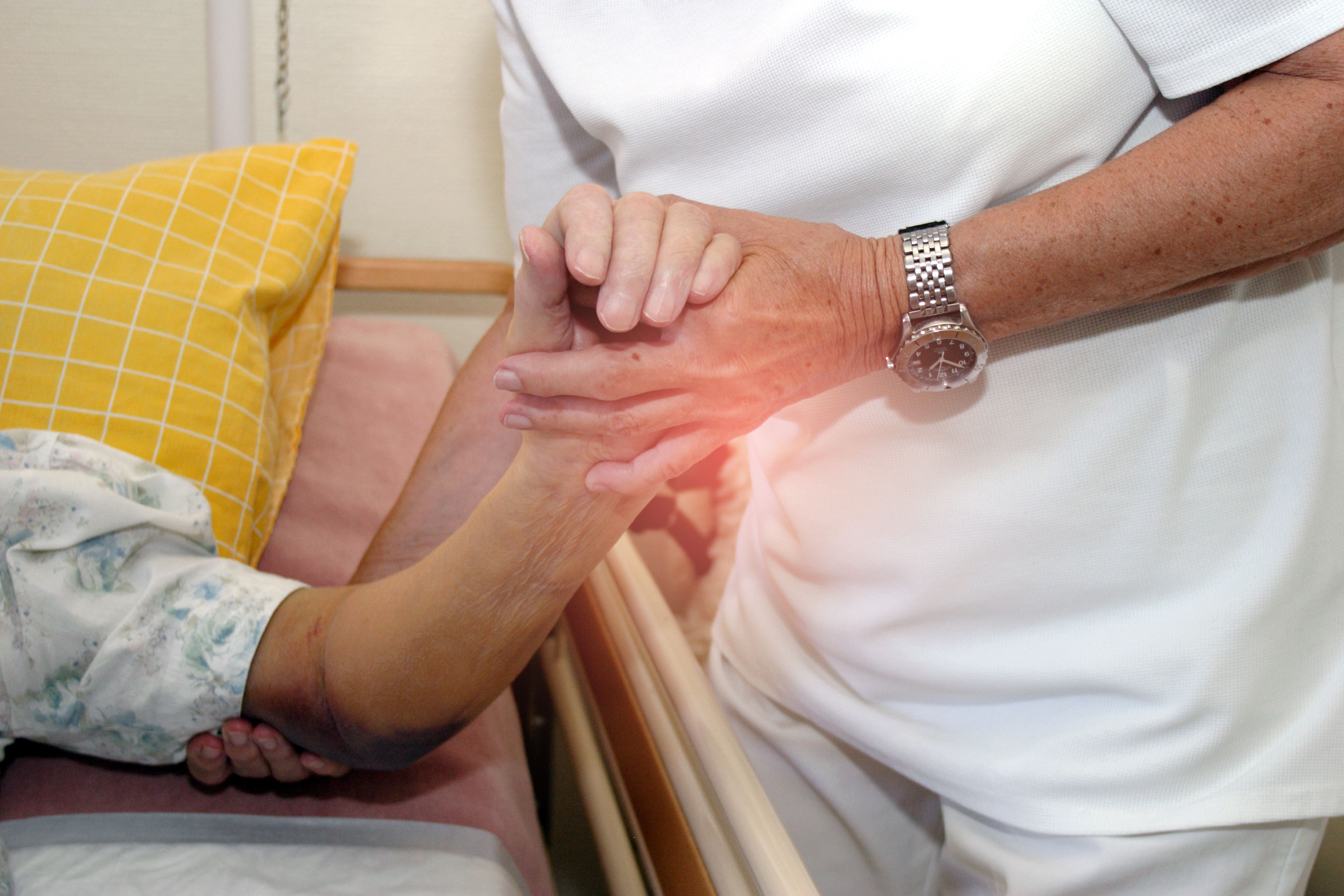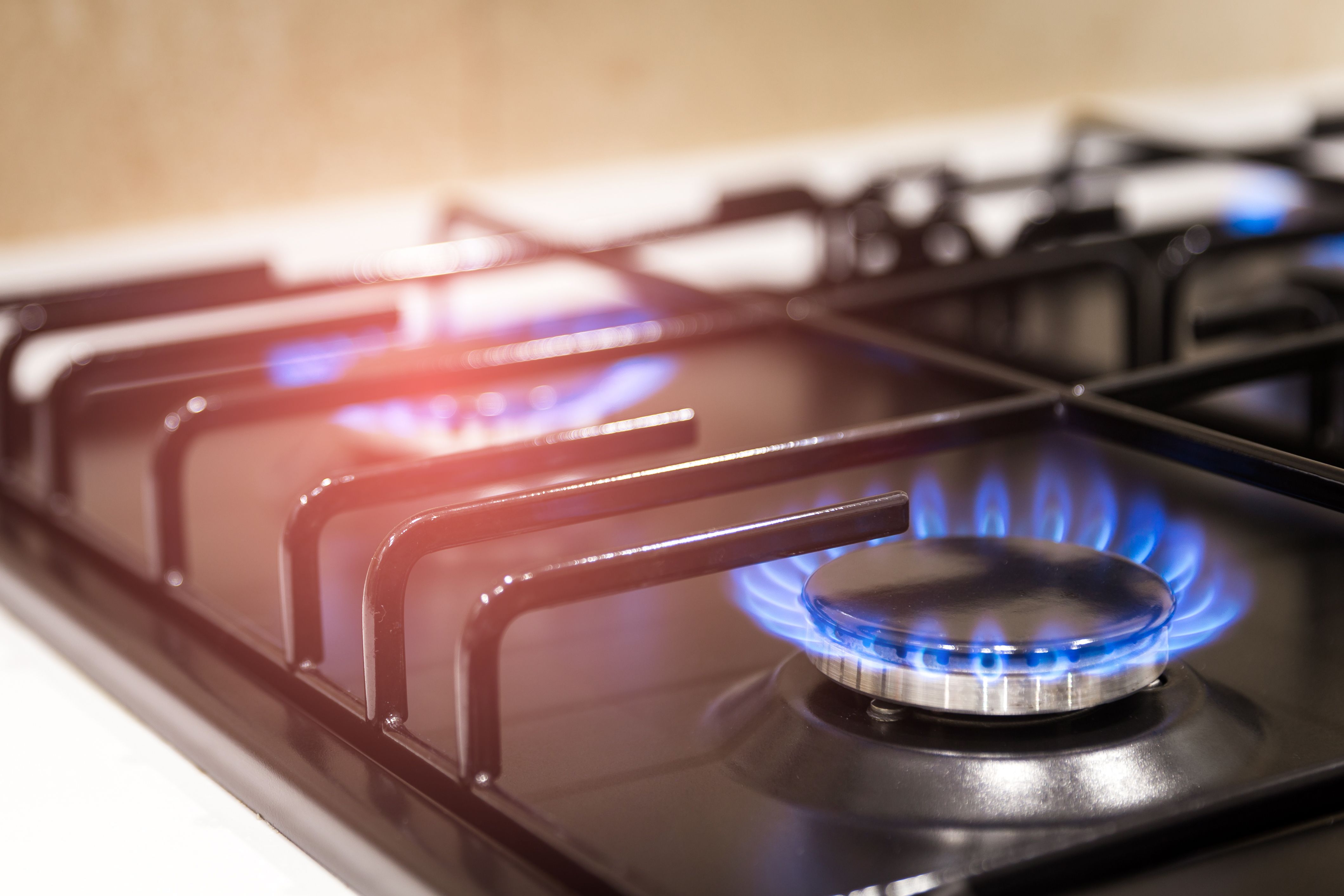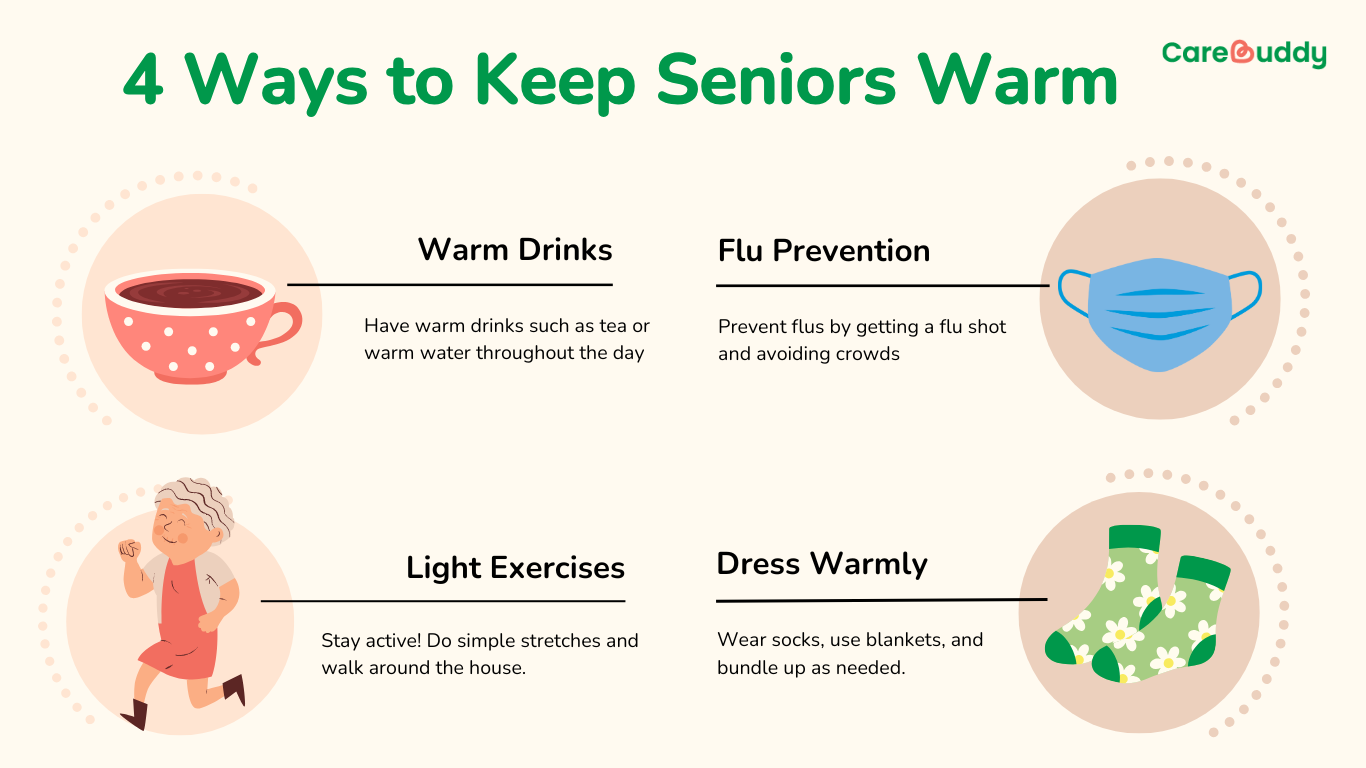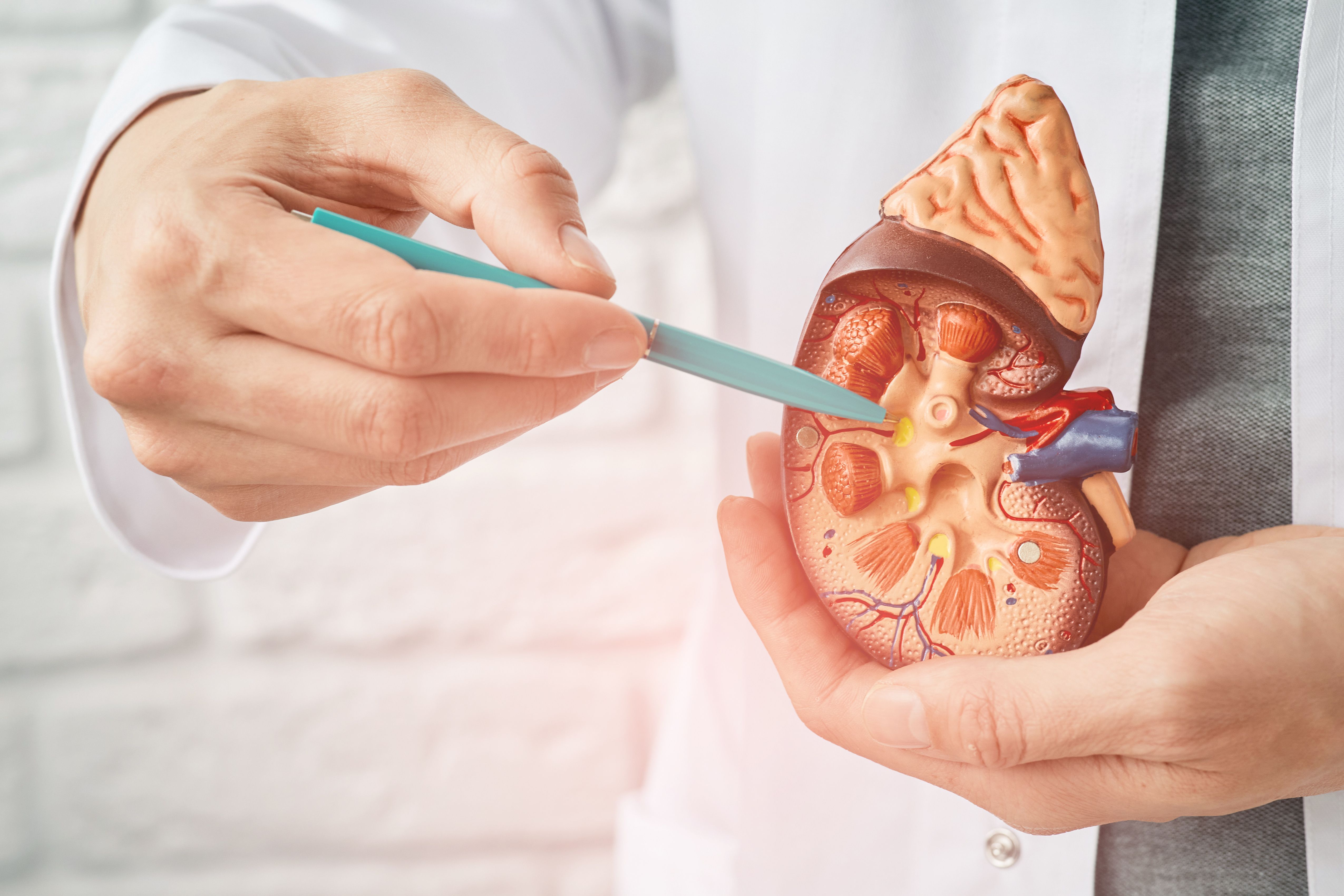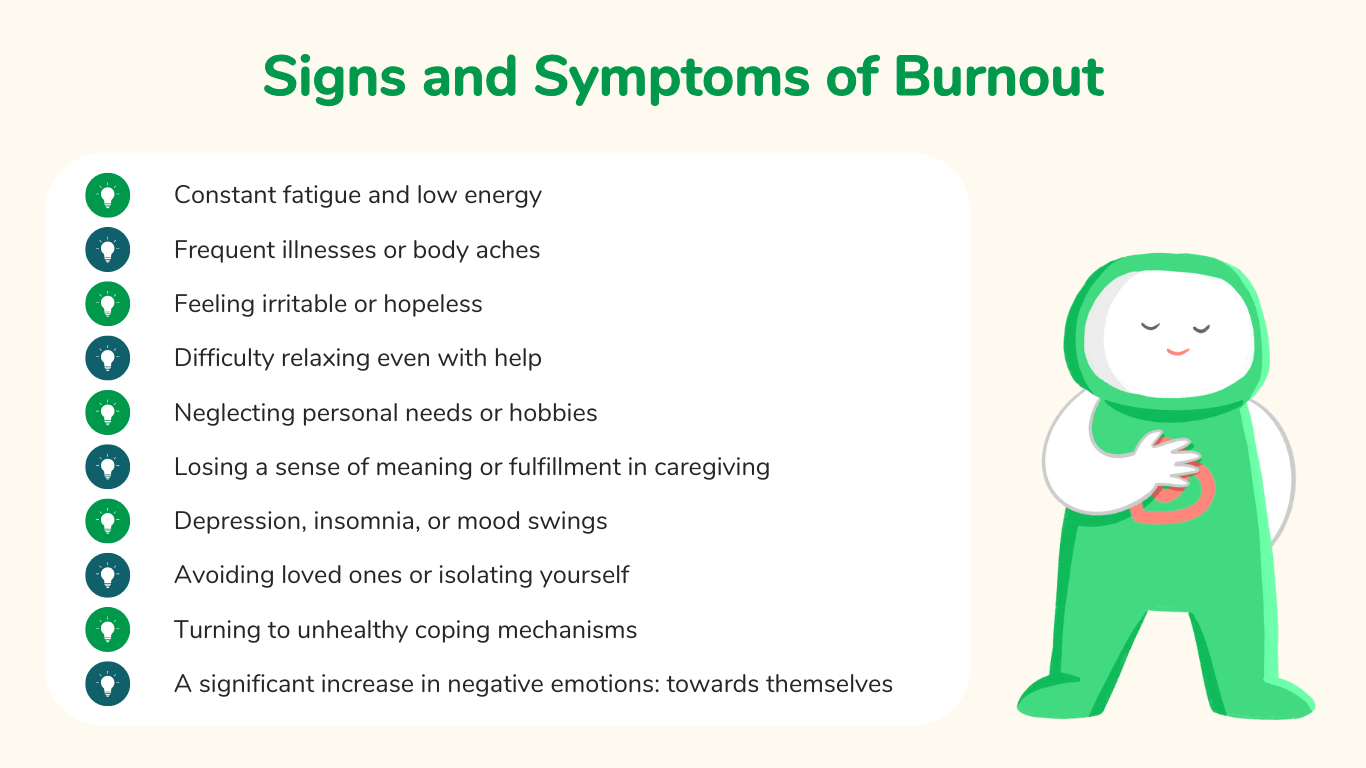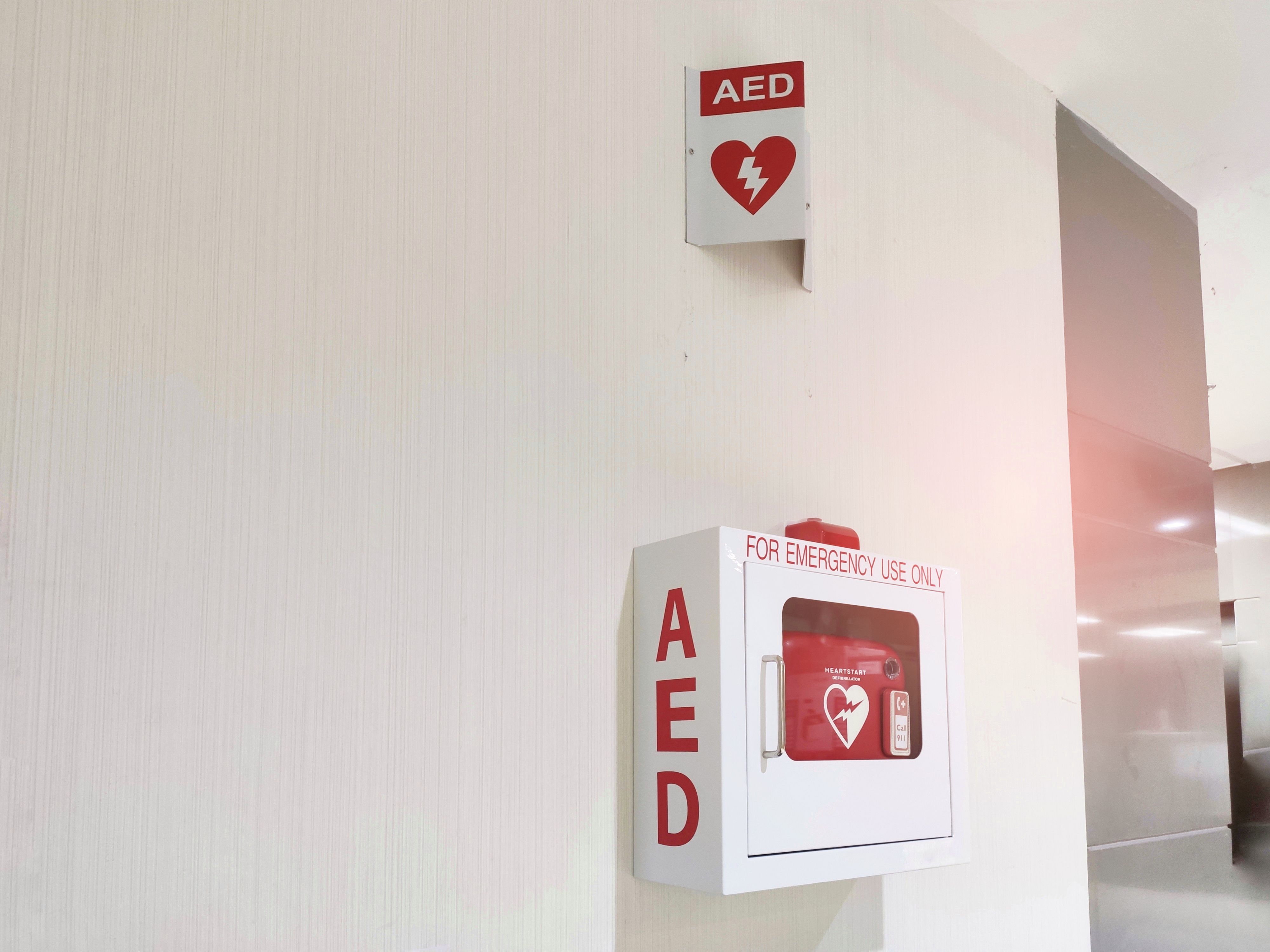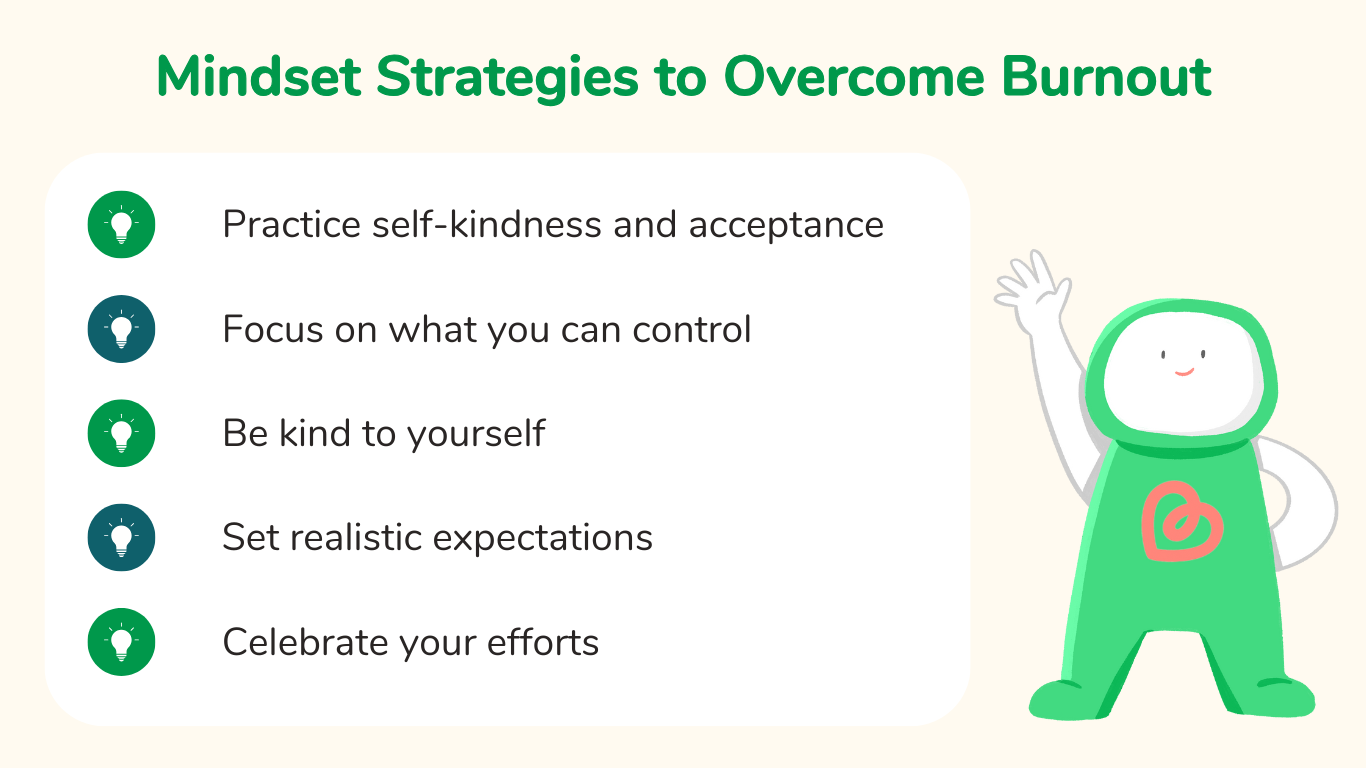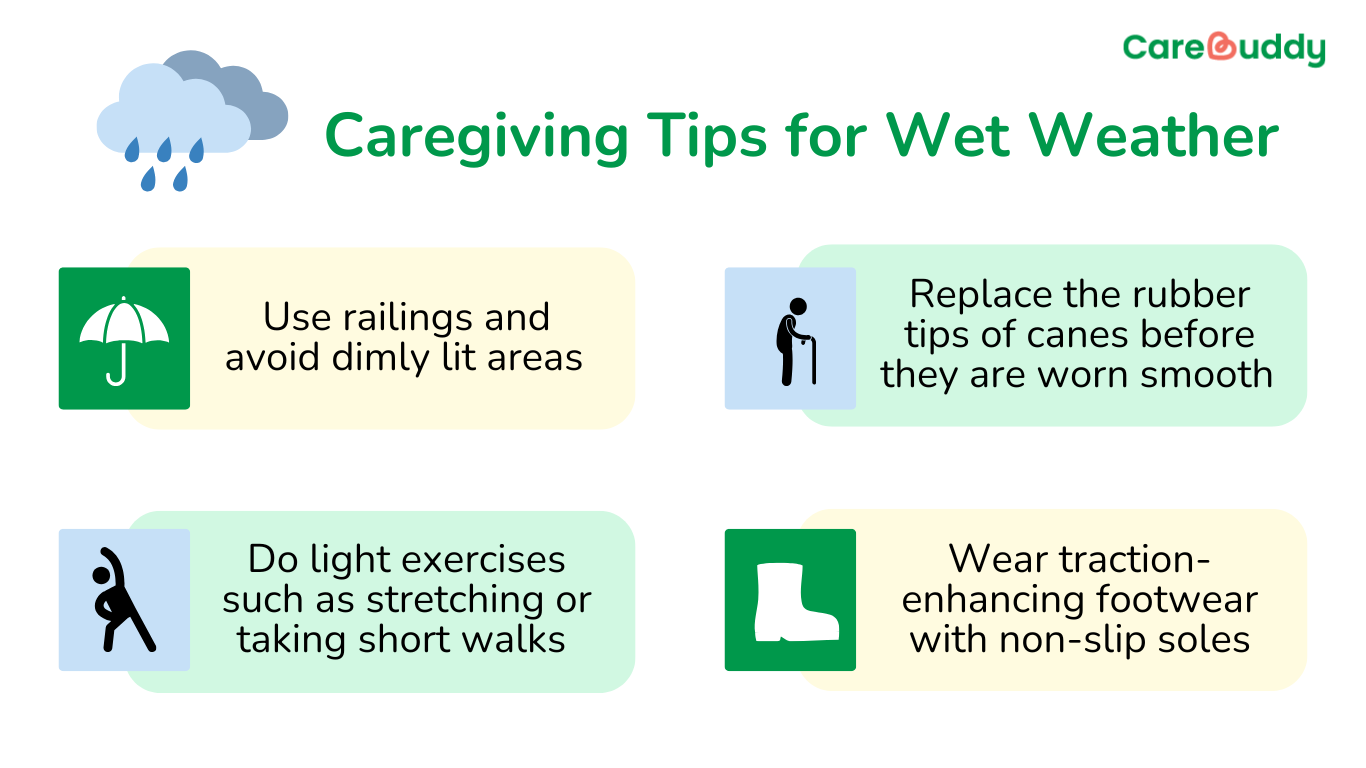High blood pressure: All you need to know
- CareBuddy
- 4 Mins Read
- 28 Jul 2022
- Elderly Care

The heart’s singular function is to pump oxygenated blood to every corner of your body. It does so through blood vessels known as arteries. The intensity with which the heart pumps this blood is measured as blood pressure.
Blood pressure consists of two numbers
Systolic Pressure is the top number which is the higher pressure in the arteries when the heart beats (i.e. contracts and pushes out blood).
Diastolic Pressure is the bottom number which is the lower pressure in the arteries between beats, when the heart is relaxed.
For most adults, a systolic pressure under 120 and a diastolic pressure under 80 is considered healthy. A systolic pressure above 130 and a diastolic pressure above 80 is considered high blood pressure, also known as hypertension. Blood pressure readings should be taken several times, at rest, seated down, with one’s arm at the same level as the heart, such as whilst sitting at a table.
Why you should guard against high blood pressure
High blood pressure can lead to the following complications:
- Heart attack due to atherosclerosis (thickening and hardening of the arteries) causing insufficient blood flow to the heart muscles and damage
- Stroke (also caused by atherosclerosis)
- Aneurysm (weakening or bulging of blood vessels that can then rupture)
- Heart failure (where the heart finds it harder and harder to pump blood)
- Weakened and narrowed blood vessels in the kidneys leading to kidney failure, sometimes resulting in dialysis being required
- Thickened, narrowed or torn blood vessels in the eyes
- Metabolic syndrome (a group of disorders including increased waist size, high triglycerides, reduced HDL (good) cholesterol and high insulin levels that can cause diabetes)
- Dementia and memory loss due to less blood flow to the brain
There are no outward symptoms of high blood pressure until one of these complications arise. That’s why it’s important to have your blood pressure measured regularly, e.g. each time you visit a doctor for any other condition.
What can cause high blood pressure
While some causes of a high blood pressure are beyond your control, others are very much in your hands.
Common causes include
- A diet high in salt, fat and/or cholesterol
- Lack of physical activity
- Age: Older people are more susceptible
- Race: People of African ancestry are more susceptible
- Family history
- Stress
- Smoking
- Being overweight or obese
- Some medication such as some birth control pills
- Chronic conditions such as kidney, hormonal, and metabolic diseases such as diabetes and high cholesterol
How you can maintain a healthy blood pressure
If lifestyle factors are causing high blood pressure, you can take steps to reduce it
- Lose weight
- Quit smoking
- Exercise regularly
- Manage stress using techniques like deep breathing, yoga and meditation
- Eat a balanced diet that’s low in salt, fat and cholesterol
Foods that can help reduce blood pressure include
- Citrus fruits (e.g. oranges, lemons, grapefruits)
- Beans and lentils
- Berries
- Pistachios
- Salmon and other fatty fish
- Some vegetables such as carrots, broccoli, spinach, tomatoes and tomato products
- Greek yoghurt
- Herbs such as lemongrass, ginger and ginseng
Foods to avoid if you have high blood pressure include
- Red meat
- Salt
- Processed meat
- Frozen pizza
- Pickles
- Canned soups
- Canned tomato products
- Sugar
- Full-fat milk and cream
- Butter
- Poultry skin
- Alcohol
Thankfully, a lot of the factors that increase blood pressure are controllable with the right lifestyle choices. It’s worth making these lifestyle changes on an everyday basis to keep your blood pressure low, so as to avoid future complications that can severely restrict your life later on.
Article reviewed by Dr Kenneth Koh Eu Min, Medical Director and Co-founder, OneCare Medical.


